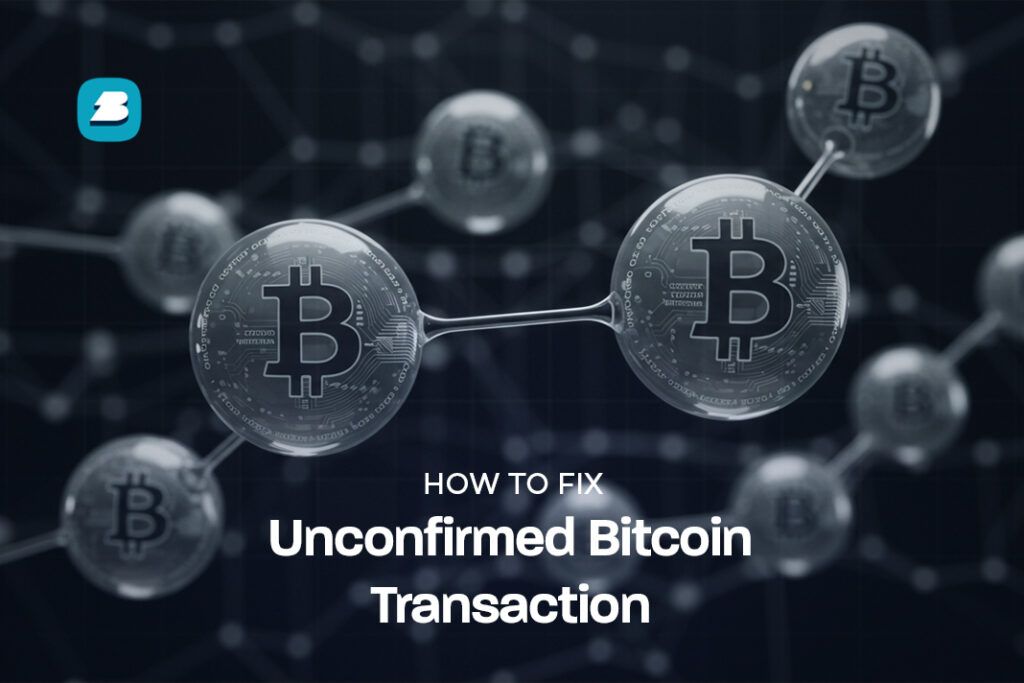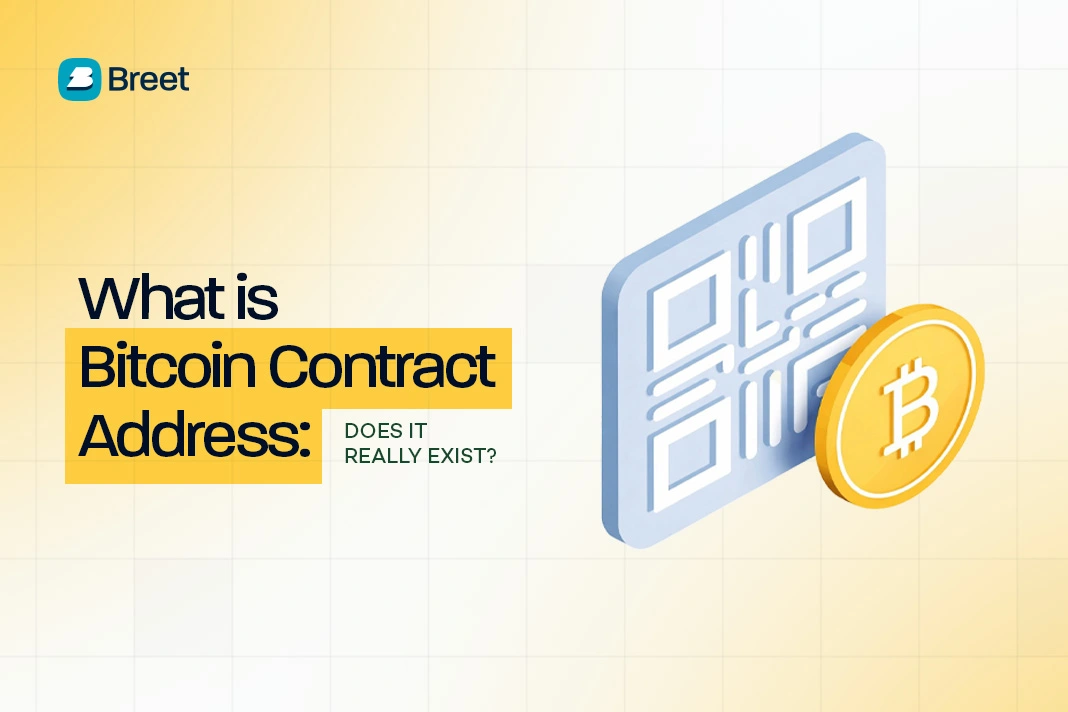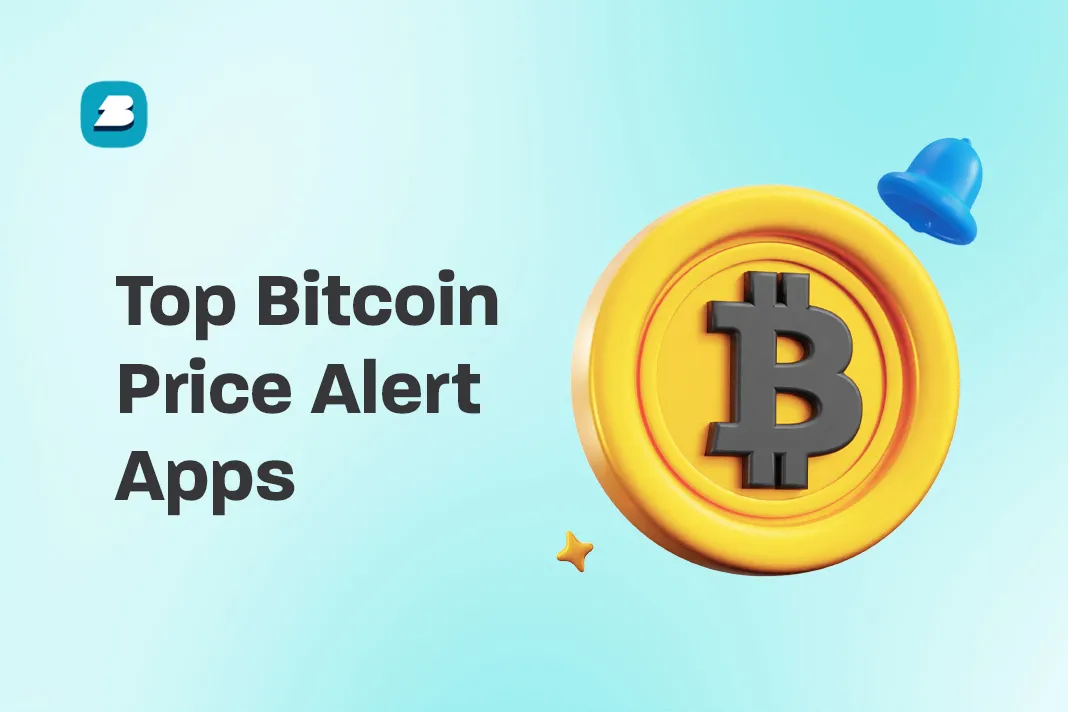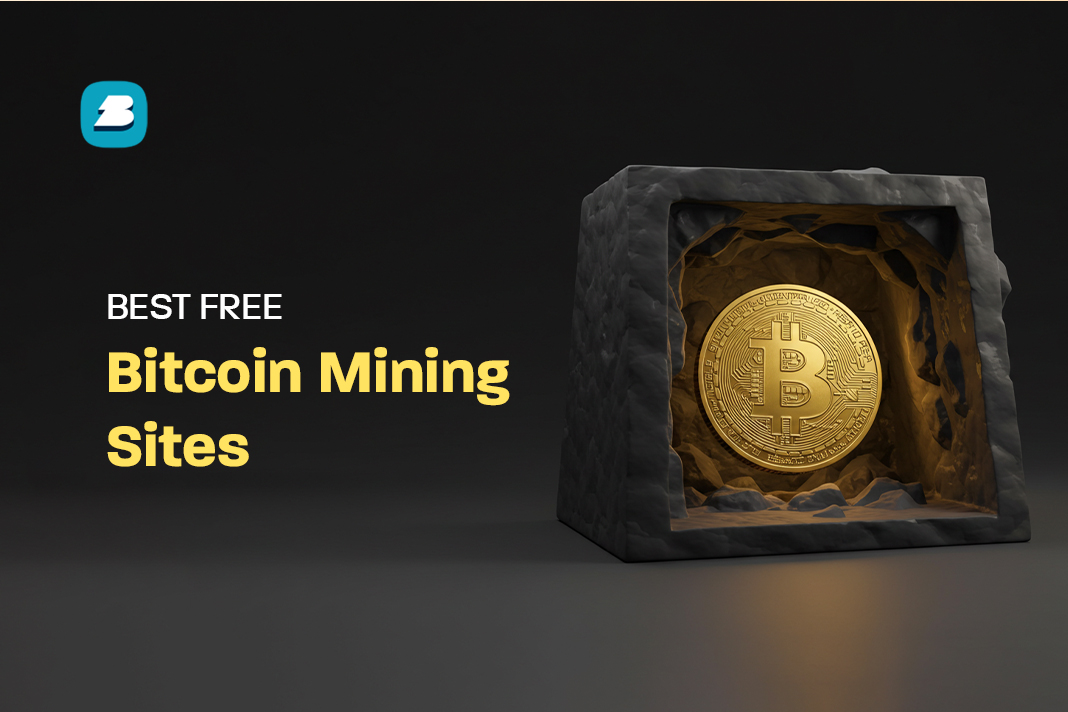A few months ago, I sent Bitcoin to a vendor in Nigeria, and the transaction stayed unconfirmed. No error, no refund, just pending for hours.
If you’re having troubles with Bitcoin unconfirmed transactions, you’re not alone, especially here in Nigeria or Ghana where we rely heavily on crypto for cross-border payments and fast settlements.
In 2025, delays like this are more common than you might think, especially during network congestion or when fees are too low.
In this guide, I’ll explain exactly how to fix a stuck Bitcoin transaction step-by-step, using updated methods that actually work today.
This article will also help you understand why Bitcoin transactions get delayed, and how to get your funds moving again quickly.
What are Bitcoin Unconfirmed Transactions?

Bitcoin unconfirmed transactions are transfers you’ve initiated, (sending BTC from your wallet to another address), but which hasn’t yet been added to a mined block on the blockchain.
Once you hit “send,” your transaction goes to the mempool, a waiting area across Bitcoin nodes. Miners pick transactions from the mempool and include them in the next block, a process known as confirmation.
Until your transaction gets at least one confirmation, it’s considered pending, whereby the recipient won’t see the funds as available. This state is referred to as an “unconfirmed bitcoin transaction.”
Why Do Bitcoin Transactions Get Stuck?
If you’re experiencing an unconfirmed Bitcoin transaction, the most likely cause is a low transaction fee. Bitcoin miners prioritize transactions with higher fees because they earn more BTC.
If your wallet sets a low fee, especially during peak hours, miners might skip over it in favor of more rewarding ones. Other causes include:
- Network congestion: When the Bitcoin network is busy, e.g., during price surges or a bull run, the mempool fills up, and cheaper transactions take longer to confirm.
- Wallet fee miscalculations: Some wallets estimate fees poorly, especially if they don’t adjust for current network conditions.
- Mempool size: If the mempool is large, low-priority transactions can get “stuck” at the back of the queue.
- Miner behavior: Some miners ignore transactions below a certain fee threshold entirely.
Understanding these factors helps explain why your Bitcoin transaction might seem frozen in time.
Related:
- Why is Bitcoin Fee So High? & How to Lower It
How Long Can a Bitcoin Transaction Stay Unconfirmed?
Typically, if you’ve used an appropriate fee, your transaction should be confirmed in 10 minutes.
But in 2025, with increased network congestion, average confirmation times have risen to 16–19 minutes.
However, if the fee is too low, it might remain unconfirmed for hours, or even days during high congestion.
Most Bitcoin nodes will drop a transaction from the mempool entirely after about 72 hours, although some extend this to 336 hours (14 days).
If it gets dropped:
- The BTC is never deducted.
- You can resend the transaction, ideally with a better fee.
How to Fix Bitcoin Unconfirmed Transactions (Step-by-Step)
When your Bitcoin transaction gets stuck, don’t panic. There are several proven methods to get it moving again. Here are 5 steps to help you fix Bitcoin unconfirmed transactions.
- Replace-by-Fee (RBF)
- Child Pays for Parent (CPFP)
- Use Transaction Accelerators
- Mempool Expiration & Resending
- Cancel the Transaction (Only in Specific Wallets)
Here’s a clear, step-by-step process for each method:
1. Replace-by-Fee (RBF)
If your wallet supports RBF, you can resend the same transaction with a higher fee.
Steps:
- Confirm your wallet supports RBF.
- Select the unconfirmed Bitcoin transaction, choose “Replace with higher fee.”
- Set a higher fee rate above current average (check platforms like mempool.space).
- Broadcast. Miners prioritize this new one, often confirming it within 10–30 minutes.
Wallets that support RBF: Electrum, Bitcoin Core, Green Wallet, Phoenix Wallet.
2. Child Pays for Parent (CPFP)
If you received BTC in an unconfirmed transaction, you can spend that output in a new transaction with a high fee. Miners will then confirm both at once.
Steps:
- Identify the parent TXID stuck in the mempool.
- Use a wallet supporting CPFP, like Electrum, Sparrow Wallet.
- Create a small outgoing transaction using change from the stuck one.
- Set the child fee high enough that the combined rate exceeds the miner threshold.
- Miners confirm parent + child together, often within one block.
3. Use Transaction Accelerators
Use a Bitcoin transaction accelerator in this case. Some mining pools like ViaBTC or F2Pool offer free or paid acceleration, pushing your transaction to miners.
Steps:
- Copy the transaction ID (TXID).
- Go to an accelerator (e.g., ViaBTC Pool).
- Paste TXID, optionally pay a small fee.
- The accelerator submits your TX directly to mining nodes, and usually confirms within 20–60 minutes.
4. Mempool Expiration & Resending
If the transaction isn’t urgent, just wait. Once it’s dropped from the mempool, typically after 14 days, you can resend it with a better fee.
Steps:
- Be patient. Bitcoin nodes clear old TXs after 14 days.
- After it’s dropped, resend with a proper fee using dynamic estimation tools.
- Monitor through block explorers to confirm.
5. Cancel the Transaction (Only in Specific Wallets)
Some wallets like Electrum or BlueWallet let you “cancel” an unconfirmed transaction using RBF with an invalid output.
Steps:
- Only works if your wallet supports it (e.g., Bitcoin Core or Electrum with CLI).
- Issue a new zero-value or small TX with same inputs but zero outputs.
- Set a high fee; the wallet issues a double-spend.
- If miners accept it, the pending TX is replaced (last resort).
Supporting Wallets/Tools
| Method | Supported Wallets | Tools/Websites |
|---|---|---|
| RBF | Electrum, Bitcoin Core, Green Wallet | — |
| CPFP | Electrum, Sparrow Wallet | — |
| Accelerator | Any wallet: ViaBTC, F2Pool, BTC.com | viaBTC pool, F2Pool |
| Resend | Any wallet after mempool expiry | mempool.space for tracking |
| Cancel | Electrum (CLI), Bitcoin Core (CLI) | — |
You Might Like:
- 13 Legit Sites & Apps to Earn Free Bitcoin
How to Prevent Bitcoin Unconfirmed Transactions in the Future

Stopping Bitcoin unconfirmed transactions before they happen is the best strategy. Here are top tips to ensure smoother Bitcoin transfers:
1. Always Use Dynamic Fee Estimation
- Use wallets like Electrum, Green Wallet, or Bitcoin Core that show real-time sat/vB market rates.
- Aim for a medium to high priority fee during busy times, based on tools like mempool.space or BTC Fee Estimator.
2. Check Network Congestion Before Sending
- Visit sites like mempool.space to view mempool size and recent fee trends.
- If congestion is high, increase your fee; if low, you can safely use a lower rate.
3. Choose Wallets That Support RBF or CPFP
- These options let you fix mistakes if your fee is too low.
- Recommended wallets: Electrum, Sparrow Wallet, Bitcoin Core, Green Wallet.
4. Avoid Sending Large Amounts with Low Fees
- Large transactions take bigger block space, making low fees riskier.
- If you’re sending ≥0.5 BTC or large sums, set priority-level fees.
5. Use Transaction Accelerators Strategically
- Planning large BTC moves? Consider services like ViaBTC Accelerator or F2Pool ahead of time.
- They can ensure faster confirmation during high-volume transfers
Quick Preventative Workflow
- Check mempool and current fee rates.
- Enable RBF in your wallet.
- Send with dynamic or priority fee.
- Monitor transaction.
- If stuck, apply RBF or CPFP immediately.
How to Sell Bitcoin Instantly on Breet (No Stuck Transactions)

If you’re tired of delayed transactions, lost time, or waiting for unconfirmed Bitcoin transactions, Breet offers a faster, more reliable solution.
Breet is a crypto-to-cash app designed for Africans who want to receive or sell crypto instantly, without worrying about network congestion, miners, or transaction fees.
Why Use Breet?
- No blockchain delays – You don’t need confirmations before getting paid.
- Auto-sell feature – Instantly converts incoming BTC to cash.
- Over 250,000 trusted users.
- Supports over 40 crypto assets.
- ₦300 million+ processed crypto trades.
- Fastest payout, within 287 seconds from BTC to bank account.
How to Sell Bitcoin on Breet (Step-by-Step)
- Download Breet from the Play Store or App Store.
- Sign up and verify your account. It takes less than 3 minutes.
- Go to “Sell Crypto” and select Bitcoin (BTC).
- Breet will show you a unique BTC wallet address.
- Send your Bitcoin to this wallet (even if unconfirmed).
- Once it hits the network, Breet automatically processes it and pays cash to your bank account.
Yes, even if your transaction hasn’t been confirmed yet, Breet’s system detects and pre-verifies it using mempool tracking. So there’s no waiting, no stress, no miners involved. Sell Bitcoin with ease and speed with Breet.
Frequently Asked Questions on Bitcoin Unconfirmed Transactions
What is Bitcoin unconfirmed transaction?
A Bitcoin unconfirmed transaction is one that hasn’t been included in a mined block and is still pending in the Bitcoin mempool.
How to cancel unconfirmed Bitcoin transaction?
You can cancel an unconfirmed Bitcoin transaction by using Replace-by-Fee (RBF) or a double-spend with a higher fee. This only works if your wallet supports it and the transaction is still unconfirmed.
What happens to unconfirmed Bitcoin transactions
Unconfirmed Bitcoin transactions remain in the mempool until miners include them in a block. If not confirmed after a few days, they may be dropped from the network.
How to reverse unconfirmed Bitcoin transaction
To reverse an unconfirmed Bitcoin transaction, you can send a new transaction with a higher fee using the same inputs. This is called a double-spend or RBF, if supported by your wallet.
Can I speed up a stuck Bitcoin transaction?
Yes, by using Replace-by-Fee (RBF), Child Pays for Parent (CPFP), or a transaction accelerator.
How long do unconfirmed transactions last?
Usually under 1 hour. However, they may be dropped after 72 hours to 14 days if left unconfirmed.
Which wallets support RBF and CPFP?
Electrum, Bitcoin Core, Green Wallet, and Sparrow Wallet are the most trusted for these features.
How can I avoid Bitcoin unconfirmed transactions?
Use dynamic fee estimates, check mempool congestion, enable RBF in your wallet, and avoid sending large BTC with low fees. The best alternative is to use Breet, a crypto-to-cash app where you can sell your Bitcoin instantly without any issues.
Conclusion
Dealing with Bitcoin unconfirmed transactions can be stressful, especially when you’re unsure how long it’ll take or what to do next. But now, you understand why these delays happen and how to fix them using proven methods like RBF, CPFP, and transaction accelerators.
That said, if you’re tired of network congestion, stuck Bitcoin transactions, and unpredictable fees, platforms like Breet make the process instant and automatic.
With over 250,000 users, automatic crypto-to-cash conversion, and payouts in 287 seconds, Breet helps you skip the blockchain queue entirely, no delays.
Whether you’re sending BTC for business, trading, or personal use in Nigeria or Ghana, switching to Breet can save you time, reduce costs, and give you peace of mind.
Ready to stop waiting and start withdrawing? Try Breet today.








